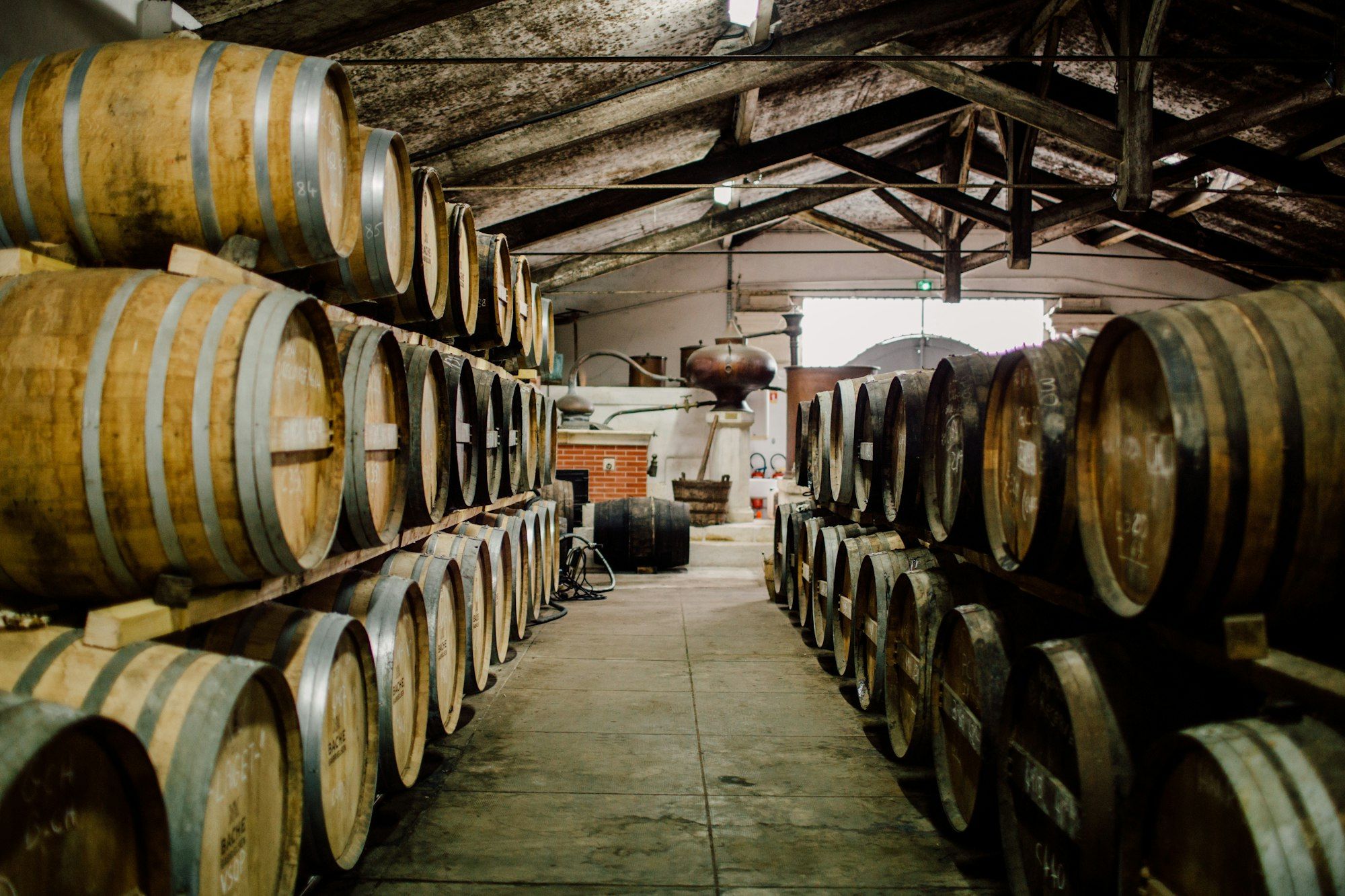The craft spirits industry, particularly the craft gin sector, has seen a remarkable boom in recent years. With a growing market for unique, high-quality alcoholic beverages, many entrepreneurs are keen to venture into this promising business. If you have a passion for gin and a keen interest in the distilling process, launching a craft gin distillery in the UK can be a rewarding endeavor. However, it requires careful planning, legal compliance, and a thorough understanding of the industry. In this article, we will walk you through the precise steps needed to start a craft gin distillery in the UK and obtain the necessary licenses.
Crafting a Business Plan
Before diving into the distilling process, it’s crucial to have a solid business plan in place. This plan will serve as your roadmap, guiding you through each stage of your business journey.
Also to read : How to set up a UK-based organic pet food company and comply with animal health regulations?
First, define your vision for the distillery. What kind of gin do you want to create? Will you focus on traditional dry gin, or do you have a unique recipe in mind? Consider the market you aim to serve and your target audience. Research your competition and identify what sets your product apart.
Next, outline your financial projections. Estimate your startup costs, including equipment, ingredients, and licensing fees. Be realistic about your expected revenue and expenses. A well-crafted business plan should also detail your marketing strategy. In today’s digital age, leveraging social media and crafting engaging posts can significantly boost your brand’s visibility.
Topic to read : What are the steps to ensure a UK-based online marketplace complies with consumer rights and e-commerce laws?
Finally, consider your location. Northern Ireland offers a vibrant market for craft spirits, but make sure you choose a site that complies with local zoning laws and has the necessary infrastructure for a distillery.
Creating a thorough business plan not only helps you stay organized but also gives you a clear quote to present to potential investors or lenders.
Navigating Legal Requirements and Licensing
Starting a distillery in the UK involves navigating a complex web of legal requirements. The first step is to secure the appropriate licenses, which ensure your business complies with duty and safety regulations.
You’ll need to obtain a distiller’s license from HMRC (Her Majesty’s Revenue and Customs). This process involves submitting a detailed application that includes your business plan, a description of your distilling process, and the layout of your distillery. It’s important to note that approval can take several months, so plan accordingly.
In addition to a distiller’s license, you will need an excise warehouse approval. This license allows you to store your alcohol and defer the duty until it is sold. Each type of alcoholic product, whether it’s gin or another spirit, has specific tax obligations that you must adhere to.
If you plan to sell your gin directly to consumers, you’ll need a retail license. This enables you to sell alcohol on your premises or via other retail channels. For those looking to export, an export license is required.
Adhering to safety regulations is paramount. Your distillery must pass health and safety inspections, and you must comply with food and drink safety standards. This includes proper labeling of your gin, indicating the alcohol volume and ingredients.
Navigating these legal waters may seem daunting, but thorough preparation and professional advice can greatly simplify the process.
Setting Up Your Distillery: From Plant to Product
Once you have your licenses in place, it’s time to set up your distillery. This involves several key steps, from designing your plant to mastering the distilling process.
First, choose your equipment. You’ll need a still, fermentation tanks, pumps, and other essential tools. The size and type of equipment will depend on the scale of your operations and your budget. Investing in high-quality equipment ensures a better end product and can save you money in the long run.
Next, design the layout of your distillery plant. Efficiency and safety should be at the forefront of your planning. Ensure there’s adequate ventilation, proper waste disposal systems, and easy access to all parts of the plant. A well-designed plant can streamline your production process and reduce potential hazards.
Begin the distilling process by sourcing high-quality ingredients. Craft gin typically involves a base spirit, botanicals, and water. Many distilleries choose to use neutral grain spirit as the base, which is then re-distilled with botanicals such as juniper berries, coriander seeds, and citrus peels to create the final product.
Understanding the science behind distilling is crucial. The distillation process involves heating the alcohol to separate it from impurities, resulting in a purer, higher-quality gin. Monitoring the temperature and alcohol content throughout the process ensures consistency and excellence in your product.
Finally, consider the aging process if you plan to create aged spirits. This involves storing the gin in cask conditioned barrels, which can add unique flavors and complexity to the spirit.
Marketing Your Craft Gin
With your distillery up and running, the next step is to market your craft gin. Building a strong brand and connecting with your target audience are essential for success.
Start by creating a brand identity. This includes a distinctive name, logo, and packaging that reflect the unique qualities of your gin. Your brand should convey a story or theme that resonates with consumers.
Leverage social media platforms to promote your product. Share engaging content, including behind-the-scenes posts of your distilling process, tasting sessions, and events. Engaging with your audience on platforms like Instagram, Facebook, and Twitter can help build a loyal customer base.
Consider hosting tasting events and workshops. These events allow potential customers to experience your gin firsthand and learn about the craftsmanship behind it. Partnering with local bars, restaurants, and retailers can also help increase your product’s visibility.
Another effective marketing strategy is entering your gin into competitions. Winning awards can significantly boost your brand’s reputation and attract new customers. Additionally, consider collaborating with other brewing companies or food drink businesses to expand your reach.
Finally, don’t underestimate the power of word-of-mouth marketing. Encourage satisfied customers to share their experiences and reviews online. Positive reviews and testimonials can influence potential buyers and increase sales.
Navigating the Challenges and Ensuring Compliance
Running a craft gin distillery comes with its share of challenges. From fluctuating market demands to regulatory compliance, being prepared for potential obstacles is essential for long-term success.
One of the biggest challenges is staying compliant with evolving regulations. The alcohol industry is heavily regulated, and it’s crucial to stay informed about changes in laws and duty rates. Regularly review your licenses and ensure all required duty payments are made on time to avoid penalties.
Managing your supply chain is another critical aspect. Ensure you have reliable sources for your ingredients and materials. Building strong relationships with suppliers can prevent disruptions in your production process.
Market competition is fierce in the craft spirits industry. To stay ahead, continually innovate and refine your products. Listening to customer feedback and staying attuned to industry trends can help you adapt and grow.
Maintaining the quality of your gin is paramount. Consistency in flavor and quality builds customer trust and loyalty. Regularly test your products and invest in quality control measures.
Finally, financial management is key. Keep a close eye on your expenses and revenue. Having a robust financial plan helps you make informed decisions and ensures the sustainability of your business.
In conclusion, starting a craft gin distillery in the UK involves meticulous planning, navigating legal requirements, setting up an efficient distillery, marketing your product, and staying compliant with regulations. While the journey may be challenging, the reward of creating a unique, high-quality spirit that resonates with consumers is well worth the effort. Whether you’re a novice or an experienced entrepreneur, following these steps will help you establish a successful craft gin business. Cheers to your new venture in the world of craft spirits!











